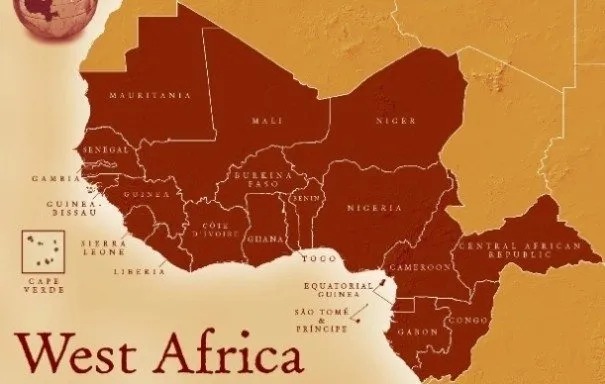The International Committee of the Red Cross (ICRC) has recorded a significant increase in the number of confirmed cases of missing persons in Africa, including Nigeria.
The ICRC, in its latest situation report released on Friday, noted that there is at least a 75 per cent increase in the number of missing persons in Africa within the last five years.
More than 71,000 people across Africa are registered as missing with the International Committee of the ICRC, a 75 per cent rise from the 40,708 missing persons recorded at the end of 2019. The ICRC said the figures represent only those cases documented by the ICRC and National Red Cross and Red Crescent Societies as of the respective times and not necessarily the total number of missing persons on the continent.
The ICRC gave the update as the world observes the International Day of the Disappeared on Friday, 30 August.
The day, observed annually, aims to raise awareness and amplify the ordeals of the missing, honour their memories and the emotional distress of families, and help focus attention on the need to prevent and respond to the issue of missing persons.
Reports say that the ICRC marked the day in Abuja on Friday, with representatives of the Nigerian government, diplomats and members of the Global Alliance of Missing Persons in attendance.
‘A humanitarian tragedy’
Speaking at the event, Patrick Youssef, ICRC’s regional director for Africa, said the issue of missing individuals is of grave concern.
“The issue of missing persons, including those forcibly disappeared, remains one of the most damaging and long-lasting humanitarian consequences of armed conflicts and other situations of violence for all loved ones, whether a waiting wife or a heartbroken son.
“Behind every missing person, there are countless more suffering from the anguish and uncertainty. It’s a humanitarian tragedy for families, one that has consequences across all of society,” Mr Youssef said.
The Geneva-based organisation stressed that, under international law, state authorities have the primary responsibility to clarify the fate and whereabouts of missing persons.
However, it underscores the fact that these authorities may lack the resources, knowledge, or political will to do so, although it helps them.
“In armed conflict, both civilians and combatants go missing. They can go missing when they are arrested or captured, detained, and are held incommunicado. They might be alive but do not have the means to contact their relatives.”
Disappearances
Over the years, protracted armed conflicts in Africa have resulted in the disappearance of thousands of people.
In Nigeria, as of 2020, more than 23,000 persons, mostly children, were reported missing in eight years in the country amidst armed conflicts in different parts of the country.
Nigeria has been enmeshed in a bloody insurgency for over a decade, which has resulted in thousands of deaths and mass displacement of residents in Adamawa, Borno, and Yobe States. Over the years, banditry, kidnapping and other forms of violent crimes have taken root in the North-west and the North-central regions and other parts of the country.
About the ICRC
The IICRC is a neutral, impartial, and independent organisation with an exclusively humanitarian mandate based on the 1949 Geneva Conventions.
The global nonprofit is committed to helping victims around the world affected by armed conflict and other violence, “doing everything it can to protect their lives and dignity and to relieve their suffering, often alongside its partners.”


